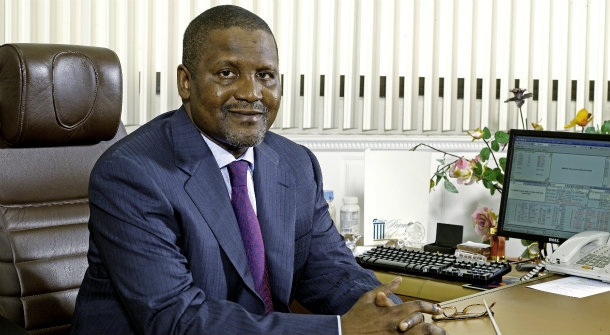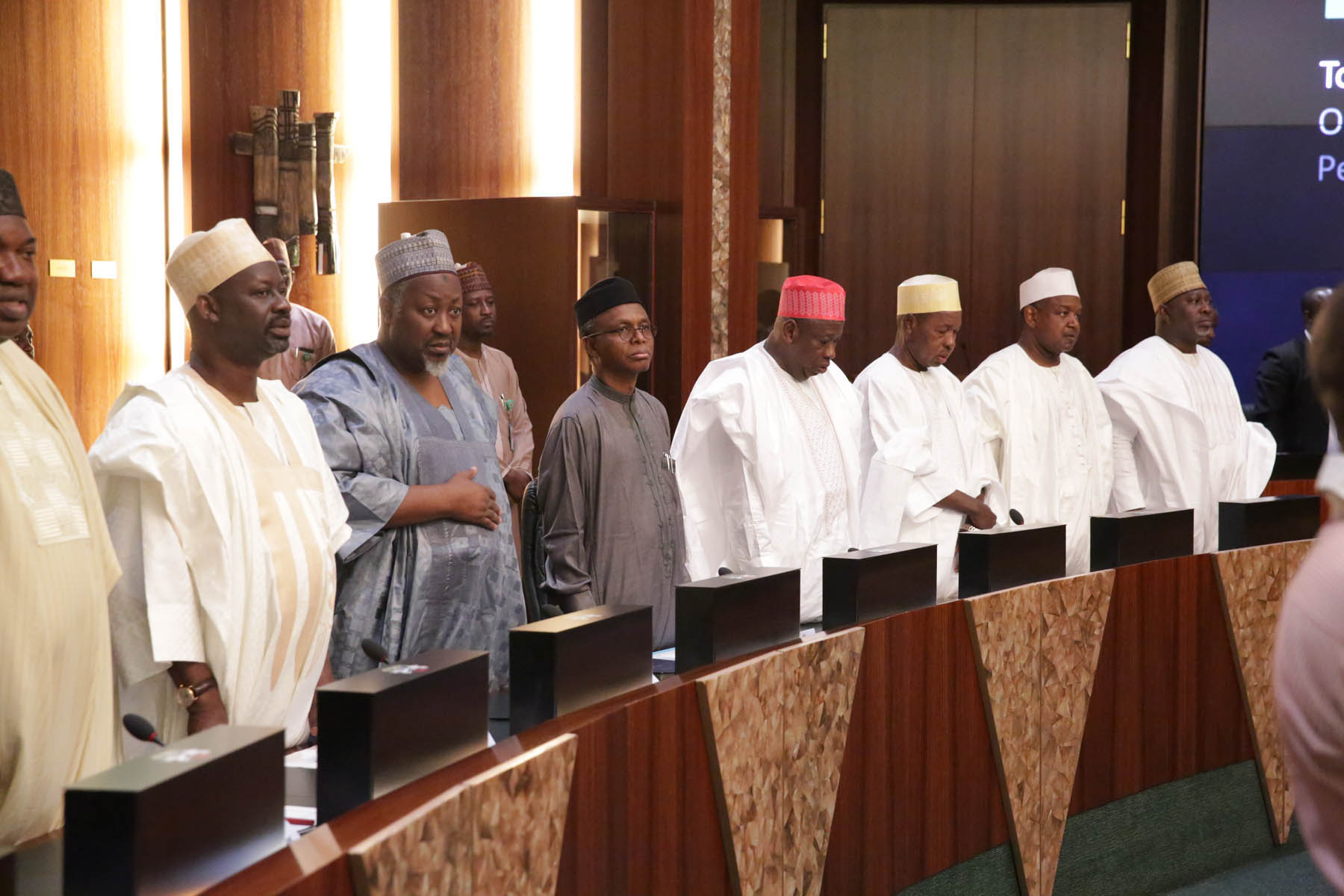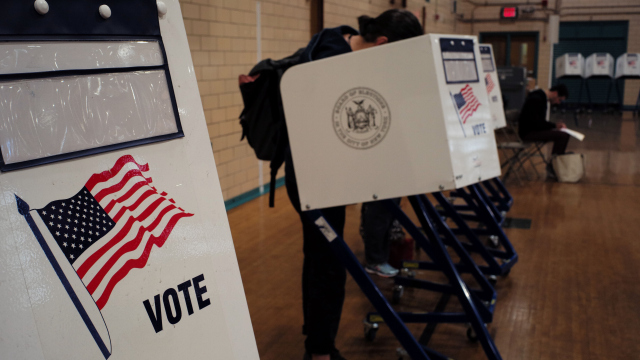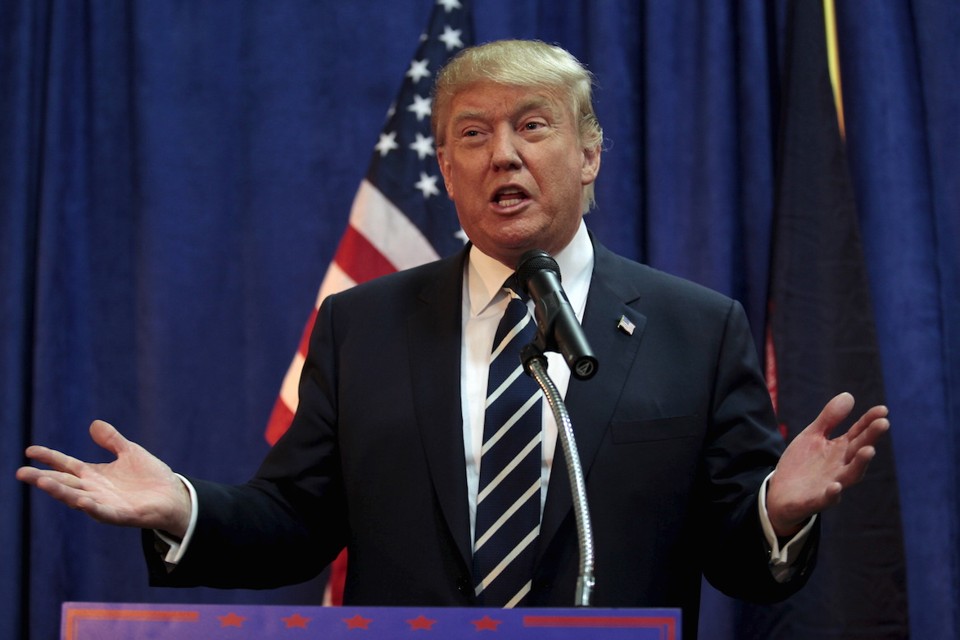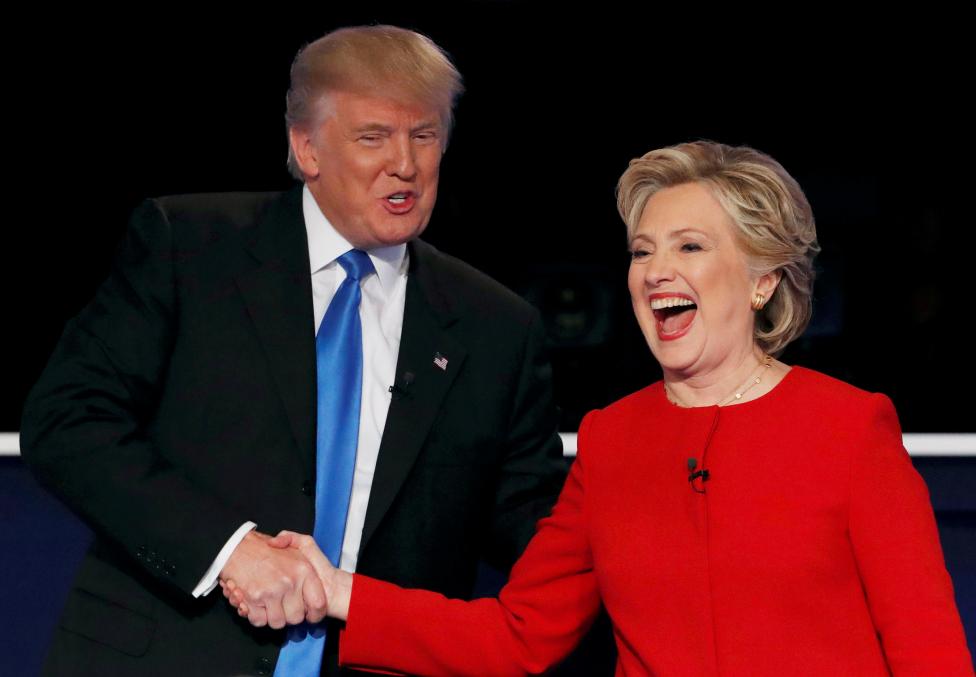The federal government bypassed its own laid-down processes in concessioning the railway to US conglomerate, General Electric (GE), TheCable can report.
In his October 1 speech, President Muhammadu Buhari said GE “is investing US$2.2 billion in a concession to revamp, provide rolling stock, and manage the existing lines, including the Port Harcourt-Maiduguri Line”.
GE confirmed a few days later that given the size and scope of the proposed project, “it is likely that the debt and equity commitments required from lenders, consortium partners and other co-developers will be in the range of $2 billion or more”.
However, TheCable understands that the process that produced GE as the concessionaire was far from transparent, raising serious questions about Buhari government’s commitment to openness in the privatisation programme.
Advertisement
The Nigerian senate has now decided to probe the concessioning.
As far back as 2013, the Nigeria Infrastructure Advisory Facility (NIAF) had sent a proposal to the Bureau of Public Enterprises (BPE) asking to take a comprehensive look at the state of Nigerian rail system in preparation for privatisation.
It offered to carry out the work free-of-charge.
Advertisement
NIAF is a body of consultants financed by the UK Department for International Development (DfID) to, in its words, “provide access to rapid and flexible consulting expertise to help Nigeria improve its infrastructure through policy and strategy formulation, planning, project implementation and private sector investment”.
The proposal, sources in the know told TheCable, covered three aspects: due diligence, otherwise known as outline business case (OBC); environmental audit; and road map on concessioning.
These were to prepare ground for the valuation of the rail system as well as provide the technical, logistical and economic basis for the government to conduct a transparent privatisation in line with global best practices.
The BPE then wrote to Vice-President Namadi Sambo, then chairman of the National Council on Privatisation (NCP), seeking approval, which was immediately granted.
Advertisement
It was at this stage, TheCable was informed, that GE began to show interest in the railways, sending a delegation to hold exploratory talks with then president Goodluck Jonathan.
But the Jonathan opted to award contracts for railway rehabilitation rather than concession it.
Single sourcing
NIAF had concluded its due diligence and turned in its report to BPE before the advent of the President Muhammadu Buhari administration, but the other aspects of the job were stalled.
In March 2016, Rotimi Amaechi, minister of transportation, invited the Infrastructure Concession Regulatory Commission (ICRC) and BPE to a meeting and announced that “President Buhari has instructed that the railway be given to GE”.
Advertisement
A government official told TheCable: “Everybody was baffled. The procurement process allows for single sourcing quite all right — meaning you do not have to advertise for competitive bidding. But there are conditions that must be met before you can choose the option of single sourcing.
“The first is that there must have been a failed attempt to concession. There is no such record. The second is that the project must require some technical peculiarity which is not readily procurable. The third is that it is a continuation of an existing relationship. None of these conditions was responsible for the resort to single sourcing.”
Advertisement
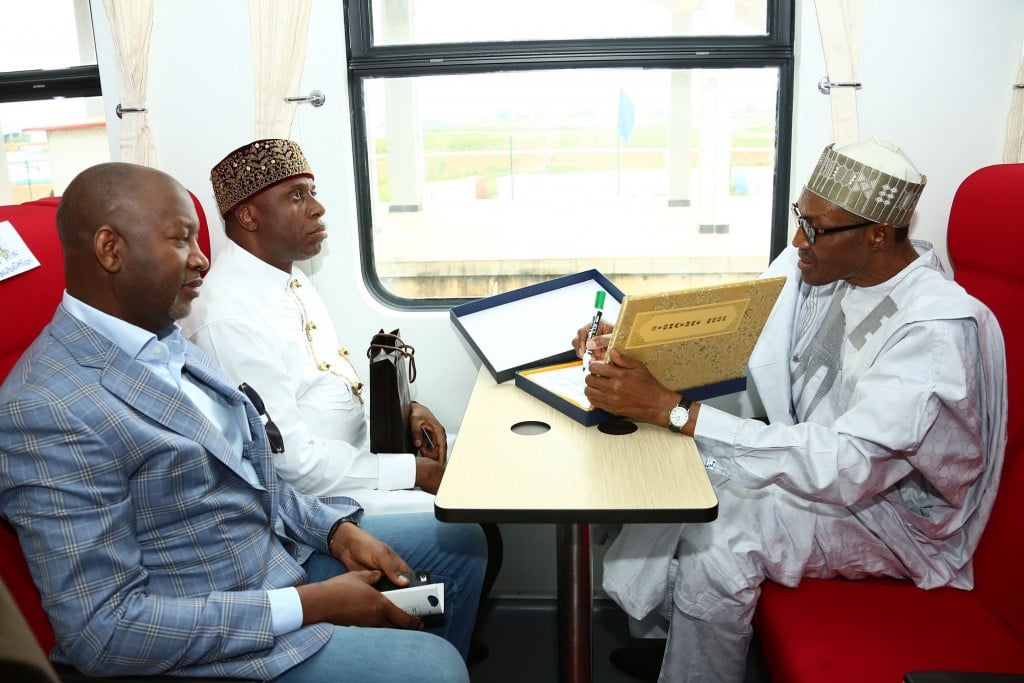
Controversy
Following the announced presidential fiat, some officials of BPE, ICRC and ministry of finance raised an eyebrow on the legal implications of bypassing the procurement processes.
The office of the attorney general of the federation (AGF) also warned the ministry of transportation against backdoor concessioning because of the procurement laws.
Advertisement
Vice-President Yemi Osinbajo, who is the chairman of NCP by virtue of his position as VP, then convened a meeting in August 2016 to discuss and resolve the issues that were raised.
It was agreed that a proper process should be followed before the railway was concessioned.
Advertisement
Amaechi reportedly said ICRC — which regulates concessioning — should go and get the report ready in “four weeks”, insisting that there was no need for the BPE — which is the body empowered to sell public assets — to be involved in the process.
Eventually, the meeting resolved to set up a task force “to shorten the procurement and transaction processes”.
A task force was set up, made up of representatives of office of AGF, ministry of finance, ministry of environment and ministry of transportation, and chaired by Kemi Adeosun, minister of finance.
Done deal
Before the report of the committee was ready, Amaechi granted an interview to NAN in September, announcing that negotiations were ongoing for the concessioning of the narrow gauge lines across the country to GE.
He told NAN in Abuja that the agreement would be signed before January 2017.
“We are negotiating to concession the old narrow gauge lines from Lagos, Kano, Funtua, Kaduna, Port Harcourt, Aba, Umuahia, Enugu, Makurdi, Jos, Bauchi, Gombe to Borno. The entire western and eastern lines will be rehabilitated but we will concession the project to GE and they are bringing in two billion dollars to embark on the project,” he said.
He also said the concessioning would be “for a period of 20 to 25 years”.
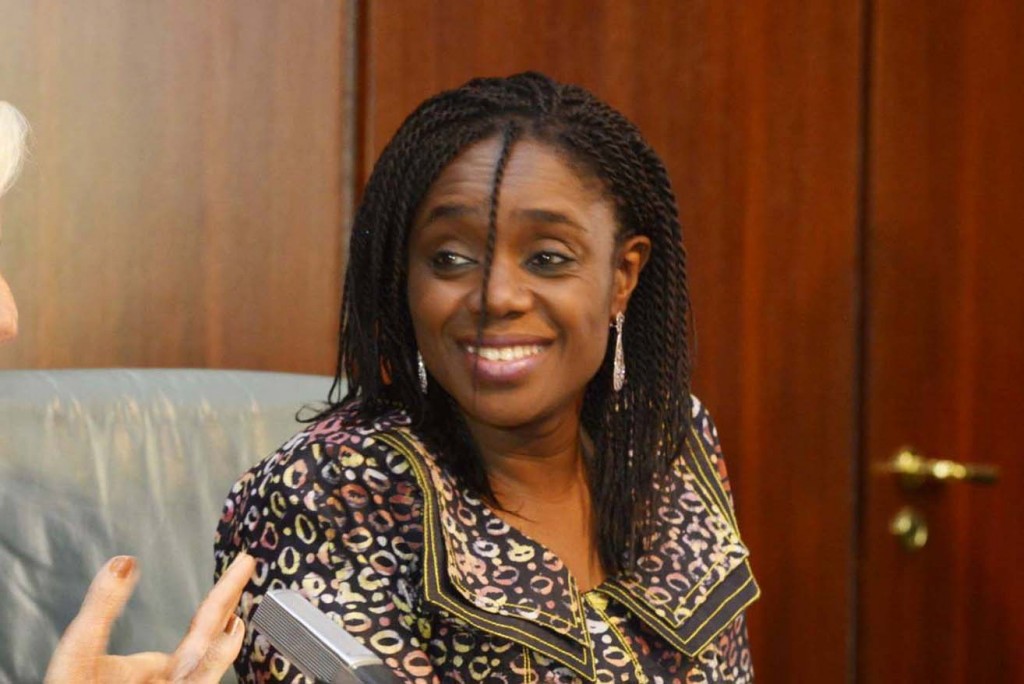
Emergency Consortium
At a meeting of the task force in September, a senior official of the ministry of transportation announced again that the president had instructed that GE be awarded the concession.
It was announced at the meeting that a consortium had been approved for the project as follows: African Finance Corporation, lead financier; Greenwich Trust Group, financial adviser; and CPCS, infrastructure/technical adviser.
The meeting, convened on a Friday, mandated the consortium to work through the weekend to produce financial proposals for the concessioning.
They submitted a proposal the following Monday, asking to be paid a fee of N700 million — which the Bureau of Public Procurement (BPP), also known as the due process office, cut to N273 million.
Amaechi, it was alleged, rejected N273 million as “inadequate” and asked that it should be reviewed, a position supported by Adeosun.
However, it was agreed that GE should incorporate a special purpose vehicle (SPV) to execute the concession.
It was also agreed that GE should formally bring a proposal to revive and run the rail system.
However, GE is yet to conduct due process on the rail despite the process being quickened, with Amaechi already promising that it would be concluded by January.
ICRC, TheCable understands, asked GE why it did not do any due diligence, and the company said it had already been done by NIAF in 2013 and a fresh one would require at least $2 million which it was not ready to incur.
Meanwhile, BPP has been directed to issue a “certificate of no objection” as part of the fast-track approach.
Presidential fiat
In a telephone interview with TheCable, Amaechi denied that there was anything untoward in the award of the concession, maintaining that the president has powers under the ICRC to shorten the process “in an emergency”.
Section 33 of the ICRC Act of 2005 states: “The President may give to the Commission such directives of a general nature or relating generally to matters of policy with regards to the exercise of it or his functions under this Act as he may consider necessary and it shall be the duty of the Commission to comply with the directives or cause them to be complied with.”
Section 34 adds: “The Commission may, with the approval of the President, make such regulations as in its opinion are necessary or expedient for giving full effect to the provisions of this Act and for the due administration of its provisions.”
The transportation minister said these sections empower the president to “shorten” the process.
“With BPE, it would take at least 18 months to complete the concession. With ICRC, it would take six months. I chose the one that was best for the country,” he said.
“GE is investing its own money. This will create jobs and provide infrastructure. So I don’t know why anybody should be opposed to the concessioning. It is in the best interest of the country.”
He denied knowledge of the composition of the “emergency” consortium, saying he was in China when the meeting was held.
“I hope all this noise will not discourage GE from investing. If not, it would be too bad for the country,” Amaechi further told TheCable.
Unanswered Questions
TheCable contacted the spokespersons of BPP and AGF but they did not pick their calls or reply the messages sent to their phones.
Lazarus Angbazo, the president and CEO of GE Nigeria, also did not pick his calls or reply messages.
Some of the questions being asked by government insiders are: How did GE emerge sole bidder without a competitive process? Why were others not given a chance at all? How was the valuation of $2.2 billion arrived at for a concession of 25 years? Who did the economic assessment, since NIAF did not finish its work? Could Nigeria have got a better deal if the process was thrown open? Does this case of single sourcing meet the criteria spelt out in different procurement laws? Under what agency is the railway concession being undertaken given that ICRC and BPE are not members of the task force headed by Adeosun?
The senate on Tuesday directed five committees to probe the concessioning.
The committees are privatisation, land transport, anti-corruption and financial crimes, special duties, trade and investment and judiciary.


